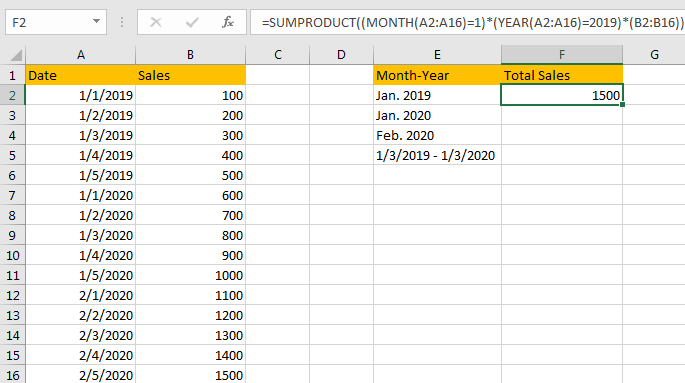
Is equally error prone when inserting or deleting rows within the referenced range for the same reasons. This is especially important if you expect your formula to update and it doesn’t, as it will leave you with incomplete results that you might not catch. If you insert a row or column, the formula will not update to include the added row, where a SUM function will automatically update (as long as you’re not outside of the range referenced in the formula). If you delete a row or column, the formula will not update to exclude the deleted row and it will return a #REF! error, where a SUM function will automatically update.įormulas won't update references when inserting rows or columns

#REF! error from deleting rows or columns SUM will ignore text values and give you the sum of just the numeric values. Your formula can break if there are any non-numeric (text) values in the referenced cells, which will return a #VALUE! error. #VALUE! errors from referencing text instead of numbers In addition, you can format the values when they’re in cells, making them much more readable then when they’re in a formula. It’s much easier to put these values in individual cells and use a SUM formula.

Then try to validate that your entries are correct. Typos – Imagine trying to enter more and/or much larger values like this: The =1+2 or =A+B Method – While you can enter =1+2+3 or =A1+B1+C2 and get fully accurate results, these methods are error prone for several reasons:

Much of this can be applied to working with other functions as well. This section will discuss some best practices for working with the SUM function.


 0 kommentar(er)
0 kommentar(er)
